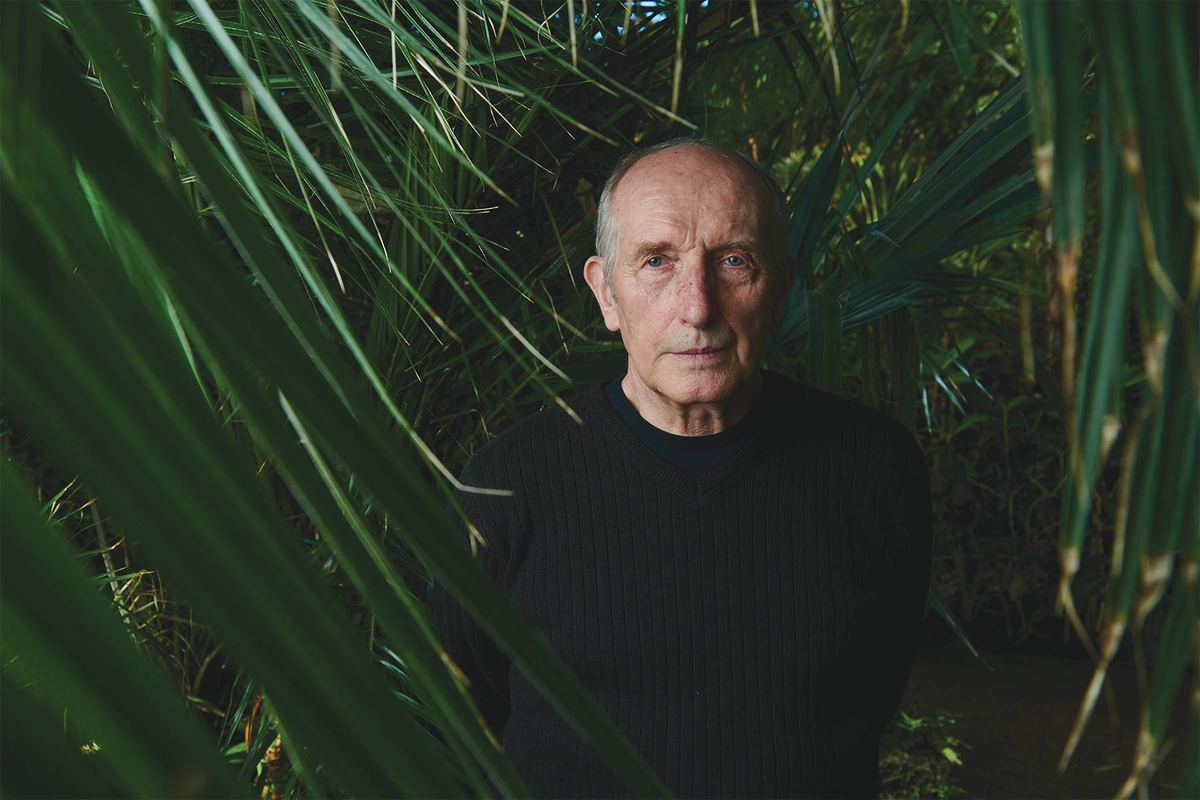Canada, which played a leading role in setting the 1.5-degree warming target, was the world’s fifth largest oil producer at the time, and today we have moved up to fourth; we have nearly doubled our oil production since 2010 and continue to expand that production faster than any country on earth except the United States, all while grandiose statements about decarbonization emanate regularly from the federal Liberals<
This right here tells you all you need to know about Canada’s true stance on climate change.
Canada’s
Vote better.
The plan to say one thing, yet do another has been a roaring success. Too bad even they will face the consequences.
Vaclav Smile knows his stuff. I’ve read a few of his popculture oriented books (Making the Modern World, etc.). He is coherent, relatively unbiased, and well researched. When he speaks, important people usually listen. For example: I learned about him because Bill Gates recommended his books…
Also, as a tangent: I suspect that the photo in the article was taken at the Leaf Botanical Gardens in Winnipeg. Half the city has a profile photo taken in those gardens. Great backdrops there haha. E: whoops, it’s at the predecessor to the Leaf, which is now decommissioned…
This extended throughout the Q&A period, when a number of people asked him, in vain, to name something positive they or the government could do, some tiny example of something that had gone right, or could. It became, for me, a sad act.
The man is just too curmudgeon to be helpful at this point, just forget about him already.
just forget about him already.
I think that’d be a very costly mistake. But I appreciate your comment, because I had a hard time putting my reaction into words initially. It’s a complex story and he’s a complex person. I think very few people have walked the paths he’s walked.
From the article it seems clear that he has produced a tremendous amount of useful work (e.g., books) over a highly productive career. Additionally, I think his story serves as a very valuable cautionary tale for other (scientific) environmentalists. The risk of burnout (in a world that largely doesn’t care) is very real. And we need collaboration. As much as scientists are needed, so too do we need informed people who are comfortable wading into politics, etc.
Maybe, in his 80s, Vaclav is currently too dispirited to be a useful speaker for the movement. But “just forget about him already”? Heavens no. Learn from him. He has done so much important, practically thankless, work. He needs people to take the baton from him and keep moving it forward
that’d be a very costly mistake
What is the cost here, really? I’m not saying to toss his books in the fire, by all means more people should read them. I’m talking about the man, not his works. Just leave the man writing his books and stop trying to get his opinions on Greenpeace, anthropology, politics or “wokeness”.
Interesting article, and though long, well worth the read.
It’s unfortunate to see someone fall down into negativity like that. I imagine decades of warnings he was outlining as clearly as possible falling onto dead ears would jade someone, and perhaps he’s got the view that it isn’t his life that will be impacted? It would be easy to distance yourself that way from it, and might explain his recalcitrance
On the one hand, you’ve got people hand waving the feasibility of “magic eco solutions” like scalable carbon capture and “solar freaking roadways”, on the other end of the spectrum, you’ve got Smil, and the EVs-are-not-the-solution crowd who are, ironically, hand waving the feasibility of convincing people to suffer a little more now so we probably (?) won’t suffer more later.
I agree with the sentiment that the reality is somewhere between two extremes. But in failing to acknowledge the social problem around convincing people to intentionally suffer (because we’re stuck in a productivity arms race perpetuated by a little “eco-MAD” doctrine and some prisoner’s dilemma for good measure), puts Smile’s view itself in a bit of an “extremist” spot.
It doesn’t matter a lick of difference if 98% of everyone is a goody two-shoes and consumed “responsibly” if the other 2% is sweeping the problem under the rug unbeknownst to the 98%. 100% responsibility may be just as unfeasible as scalable carbon capture.




